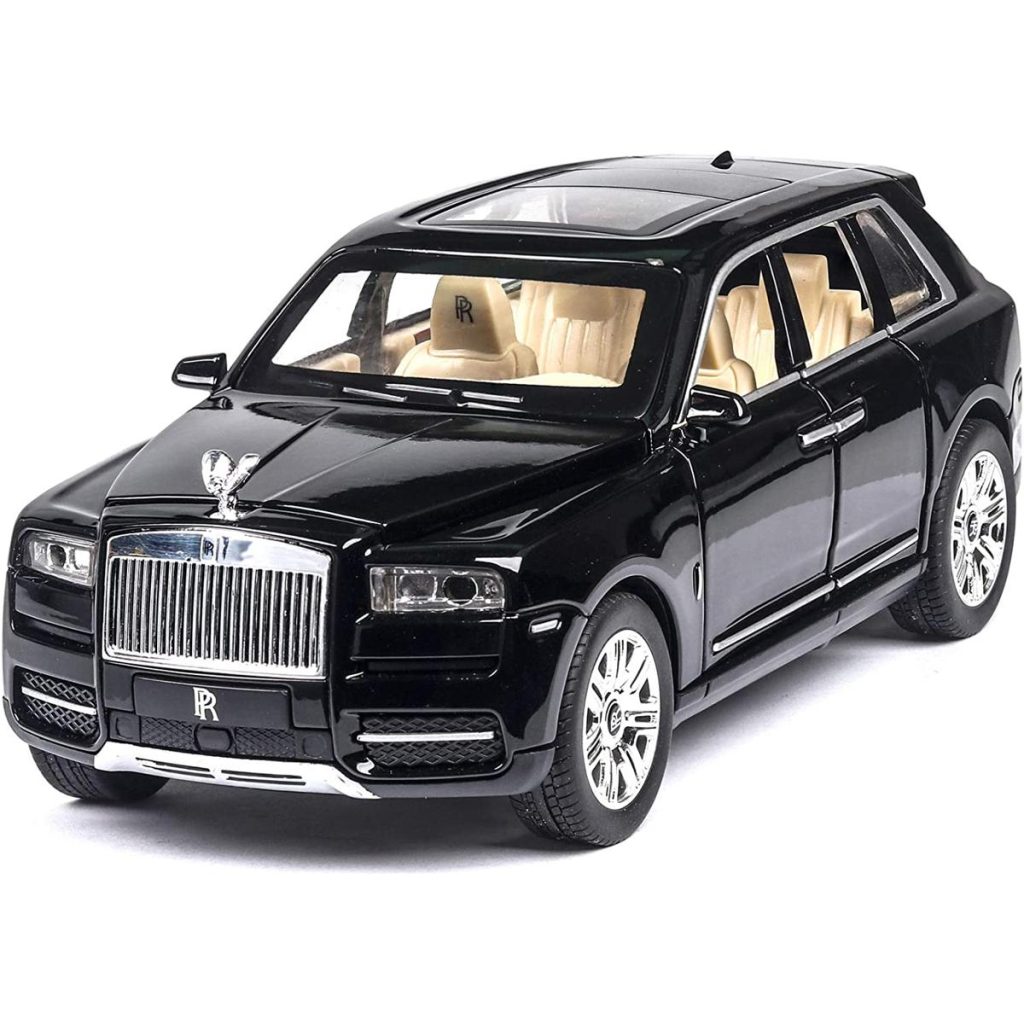Introduction to Car Models
Car models are an essential aspect of the automotive industry. They represent the design, functionality, and branding of a vehicle. Each car model comes with unique features, specifications, and options tailored to meet the needs of different buyers. From compact cars and sedans to SUVs and trucks, the variety of car models available in the market makes it essential for potential buyers to understand their preferences and requirements.
It is important to consider various aspects such as comfort, fuel efficiency, safety ratings, and technology features when selecting a car model. Car models can be categorized into different classes, each serving distinct purposes. For instance, sports cars focus on performance, while family cars prioritize space and comfort. This guide will explore the different types of car models, factors to consider before buying, tips for evaluating specifications, popular car models in the market, and future trends in the automotive industry.
Types of Car Models
Sedans
Sedans are one of the most popular types of car models. They typically feature four doors and a separate trunk, making them suitable for everyday use. Sedans offer a comfortable ride, ample interior space, and a smooth driving experience, making them ideal for families and commuters. They are available in various sizes, including compact, mid-size, and full-size options, catering to different requirements.
Within the sedan category, there are various models with varying specifications and features. For example, compact sedans like the Honda Civic are known for their fuel efficiency and budget-friendly pricing, while luxury sedans such as the BMW 5 Series offer high-end features and premium performance. As a result, sedans remain a popular choice among a wide range of consumers, offering something for everyone.

SUVs
Sport Utility Vehicles (SUVs) continue to gain popularity among drivers for their versatility and spaciousness. SUVs typically offer higher seating positions, larger cargo capacities, and greater off-road capabilities compared to sedans. They come in various shapes and sizes, including compact SUVs, mid-size SUVs, and full-size SUVs, catering to diverse preferences.
SUVs are particularly appealing to families, as they provide ample space for passengers and luggage. Features such as all-wheel drive or four-wheel drive can enhance their off-road capabilities, making them suitable for both city driving and outdoor adventures. Popular models like the Toyota RAV4 and Ford Explorer are known for their reliability, safety features, and overall performance. The growing demand for SUVs has influenced manufacturers to expand their offerings, resulting in a wider selection for consumers to choose from.
Factors to Consider When Choosing a Car Model
Budget
When selecting a car model, one of the first factors to consider is your budget. Your budget will determine the price range of the car models you can explore. It’s essential to account for not only the upfront cost but also ongoing expenses such as insurance, taxes, maintenance, and fuel. Setting a reasonable budget will help narrow down your options and simplify the decision-making process.
In addition to your budget, consider financing options. Many dealerships offer financing plans that allow you to pay for your vehicle over time, making it easier to manage costs. However, be cautious about interest rates and loan terms, as these can significantly affect the total price of the car over the years. Evaluating your financial situation will ensure you select a car model that fits comfortably within your budgetary constraints.
Purpose and Lifestyle
Another important consideration when choosing a car model is your lifestyle and intended use for the vehicle. Think about how you will primarily use the car. Will you need it for daily commuting, road trips, or family outings? Understanding your specific needs will guide you towards the most suitable model.
For individuals who frequently transport families, an SUV or minivan is a practical choice due to its capacity and spacious interior. On the other hand, if you simply need a vehicle for commuting or running errands, a compact sedan or hatchback may be sufficient. Additionally, consider your hobbies and activities. If you enjoy outdoor adventures or require towing capabilities, an all-wheel-drive or off-road vehicle may be necessary. Clarifying your lifestyle will help you select a car model that aligns with your daily activities.

Evaluating Car Specifications
Performance and Engine Options
When evaluating car models, performance is a key factor to consider. Most vehicles come with different engine options that can significantly affect performance. Engine size and type, including turbocharged engines or hybrid powertrains, can influence speed, acceleration, and fuel efficiency. Higher-performance models may offer sport-tuned suspensions, enhancing handling and responsiveness.
For example, a compact sedan with a turbocharged engine can provide quick acceleration and an engaging driving experience. Conversely, fuel-efficient engines are ideal for those seeking to maximize miles per gallon. When assessing performance, it’s also worthwhile to consider the vehicle’s handling characteristics, such as steering feel, ride comfort, and suspension setup. Overall, understanding engine options will help you select a car model that matches your performance expectations.
Safety Ratings and Features
Safety is paramount when choosing a car model, and it’s important to evaluate the safety ratings of various vehicles. Organizations like the National Highway Traffic Safety Administration (NHTSA) and the Insurance Institute for Highway Safety (IIHS) provide important safety ratings based on crash tests and safety features. A higher rating indicates a vehicle’s better performance in protecting occupants in the event of a collision.
Additionally, consider the safety features and technology included in the car model. Many modern vehicles come equipped with advanced driver-assistance systems (ADAS), such as automatic emergency braking, lane departure warning, and adaptive cruise control. These features enhance overall safety while providing peace of mind for both drivers and passengers. Researching safety ratings and features ensures that you prioritize safety in your decision-making process.

Popular Car Models in the Market
Economy Cars
Economy cars are excellent options for those seeking affordable transportation without sacrificing essential features. Models like the Toyota Corolla and Honda Civic are well-known for their reliability, fuel efficiency, and resale value. These vehicles provide practical solutions for commuters and first-time buyers, offering a balance of cost-effectiveness and comfort.
Economy cars are typically equipped with basic yet functional technology features such as infotainment systems, Bluetooth connectivity, and good safety ratings. Additionally, they are often easier to maintain and repair, making them budget-friendly in the long run. Their popularity ensures that manufacturers constantly improve models to meet consumer demands, resulting in a competitive market.
Luxury Cars
For buyers seeking premium features, luxury cars offer a superior driving experience. Brands like Mercedes-Benz, BMW, and Audi provide high-end vehicles with advanced technology, exceptional performance, and luxurious interiors. Luxury cars often feature superior materials, advanced infotainment systems, and unmatched comfort.
Models such as the BMW 5 Series and Mercedes-Benz E-Class provide a balance of performance and luxury. They often come with optional packages that allow buyers to personalize their vehicles. While luxury cars come with higher price tags, many drivers consider them worthwhile investments for their advanced features and superior comfort. The allure of luxury cars makes them popular choices among those seeking a refined driving experience.

Future Trends in the Automotive Industry
Electric Vehicles (EVs)
The automotive industry is witnessing a significant shift toward electric vehicles (EVs). With growing awareness of environmental concerns and advancements in technology, more consumers are considering EVs as a sustainable alternative to traditional gasoline-powered cars. Manufacturers like Tesla, Nissan, and Chevrolet have introduced a range of electric models that offer impressive performance and innovative features.
EVs face challenges, such as charging infrastructure and battery range; however, advancements in battery technology continue to improve their practicality. Many governments are also offering incentives and rebates to encourage EV adoption. As consumer interest in environmentally friendly vehicles grows, more manufacturers are committing to producing electric models, making this a prominent trend in the automotive landscape.
Autonomous Driving Technology
Another significant trend in the automotive industry is the development of autonomous driving technology. Many car manufacturers are investing in research and development to create vehicles capable of driving themselves. Companies like Waymo, Tesla, and traditional automakers are working on technology that integrates various sensors, cameras, and artificial intelligence to enable safer and more efficient driving.
While fully autonomous vehicles are not yet widespread, advancements in driver assistance systems are paving the way for future innovations. Features like adaptive cruise control and parking assistance are becoming more common in new car models. As these technologies evolve, consumers can expect an increased emphasis on convenience and safety in their driving experiences. The potential for autonomous driving technology could reshape the automotive industry and alter consumer perceptions of traditional car ownership.

Conclusion: Making Informed Car Model Choices
In conclusion, choosing the right car model is an essential decision that requires careful consideration of personal preferences, lifestyle, and financial constraints. Understanding the different types of car models, evaluating specifications, and considering future trends will help buyers make informed choices. The automotive market continues to evolve, with electric and autonomous vehicles leading the way toward new possibilities.
By assessing factors such as your budget, intended use, and priorities, you can narrow down your options and find the perfect car model to fit your needs. Whether you prefer the practicality of an economy car, the spaciousness of an SUV, or the luxury of a high-end vehicle, there is a car model suited to every driver.
Ultimately, the ideal vehicle should enhance your daily life and accommodate your lifestyle requirements. With extensive research and a clear understanding of your preferences, you can embark on your journey toward selecting a car model that aligns with your goals and drives you forward with confidence.
